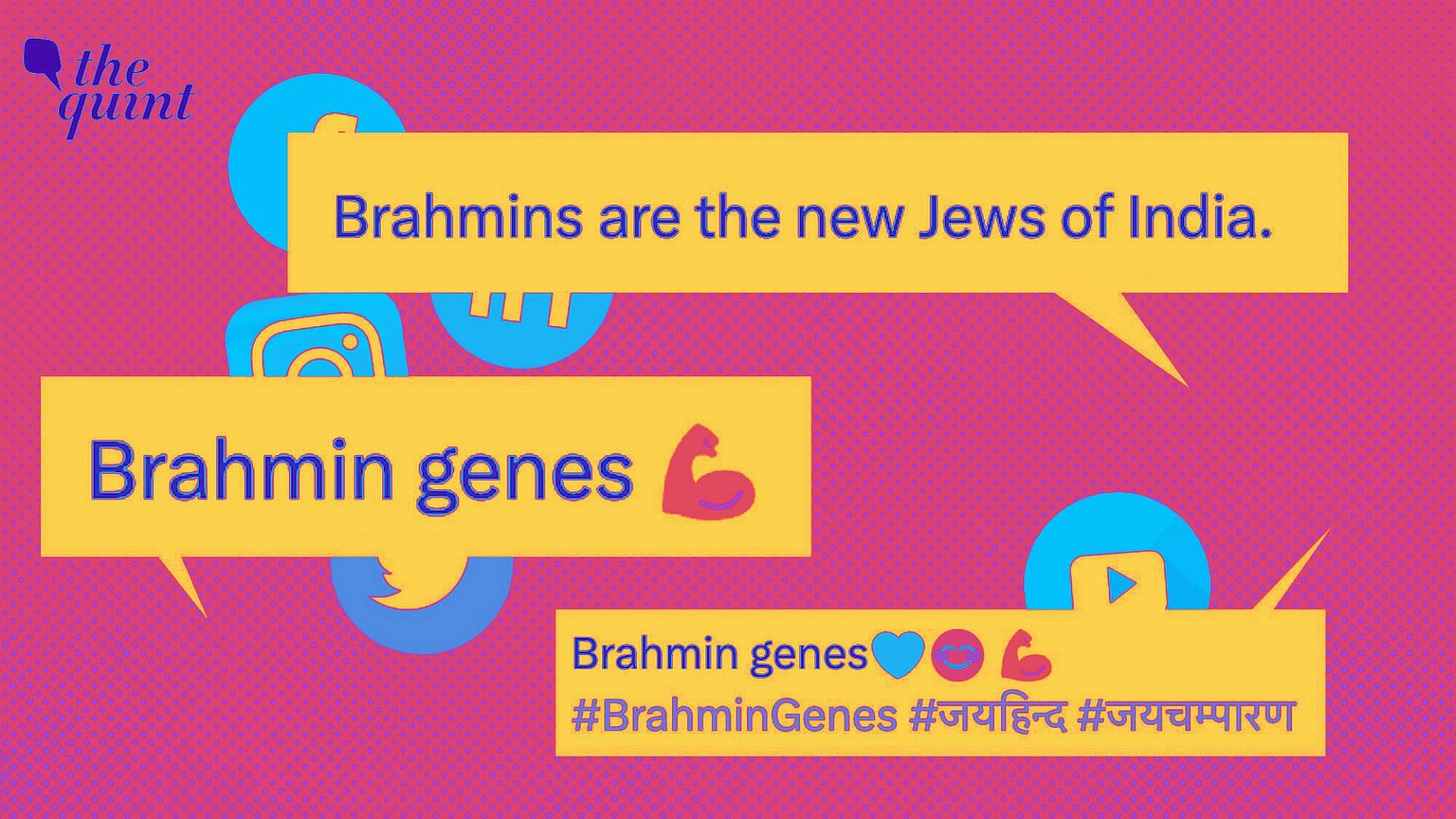'Brahmin Genes' and Claims to Structural Oppression While Being the Oppressor
Opinion | "The only true winner here is Anuradha Tiwari whose tweets gather traction and she becomes the point of discourse," writes Ravikant Kisana.
By: RAVIKANT KISANA
We are bringing the best of The Quint's journalism to your inbox! Producing premium stories like this takes time and resources. Your financial support will enable us to do more — BECOME A MEMBER today!
All events that have happened will continue to happen again and again, ad infinitum. That is the gist of Nietzsche’s construct of the ‘eternal return’. It is a philosophical burden, a heaviness, that ties a person down because you are never to be free from this eternal cosmic cycle of returning to where you started.
Czech writer Milan Kundera tries to flip this construct in The Unbearable Lightness of Being and asks what if there is no eternal return? What if every life and every event is exactly what it is, just that, an isolated event and an isolated life? Then a person's personhood is free from the heaviness of any cyclical torment. Life becomes light. So light that it floats and frees the person so that their thoughts, actions, and ‘movements are as free as they are insignificant’. Kundera asks if such a lightness is always positive when contrasted against the ‘mad myth’ of eternal recurring lives and events.
I am reminded of Kundera, Nietzsche, and Heidegger as I look at Twitter buzzing around the ‘Brahmin genes’ image tweeted by one Anuradha Tiwari.
The image itself is an innocent one. A young woman casually flexing her arm muscles. In a different context with a different hashtag (#womenwholift #womenwhogym), the image may have even been a site for feminist celebration. But Tiwari has a reputation on Twitter for caste-baiting. She routinely posts anti-reservation takes and bats for Brahmins, who she says are routinely persecuted in contemporary cultural discourse. Thus, it is not surprising that the caption she went with for her image was “Brahmin genes”.
Read the full opinion piece HERE.
(Ravikant Kisana is a professor of Cultural Studies and his research looks at the intersections of caste with structures of privilege and popular culture. He is available on Twitter/Instagram as 'Buffalo Intellectual'. The views expressed in this article are the author's own and do not reflect or represent his institution. Further, The Quint neither endorses nor is responsible for the author's views.)
*Already a member of The Quint? What a star! Your support helps us do what we do better.
Want us to cover a story? Write to us at editor@thequint.com or reply to this email.




